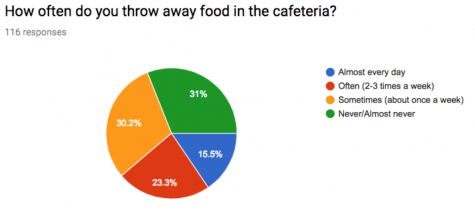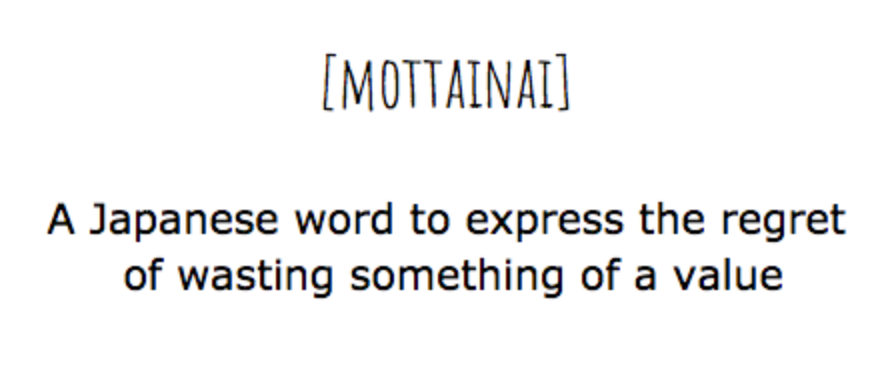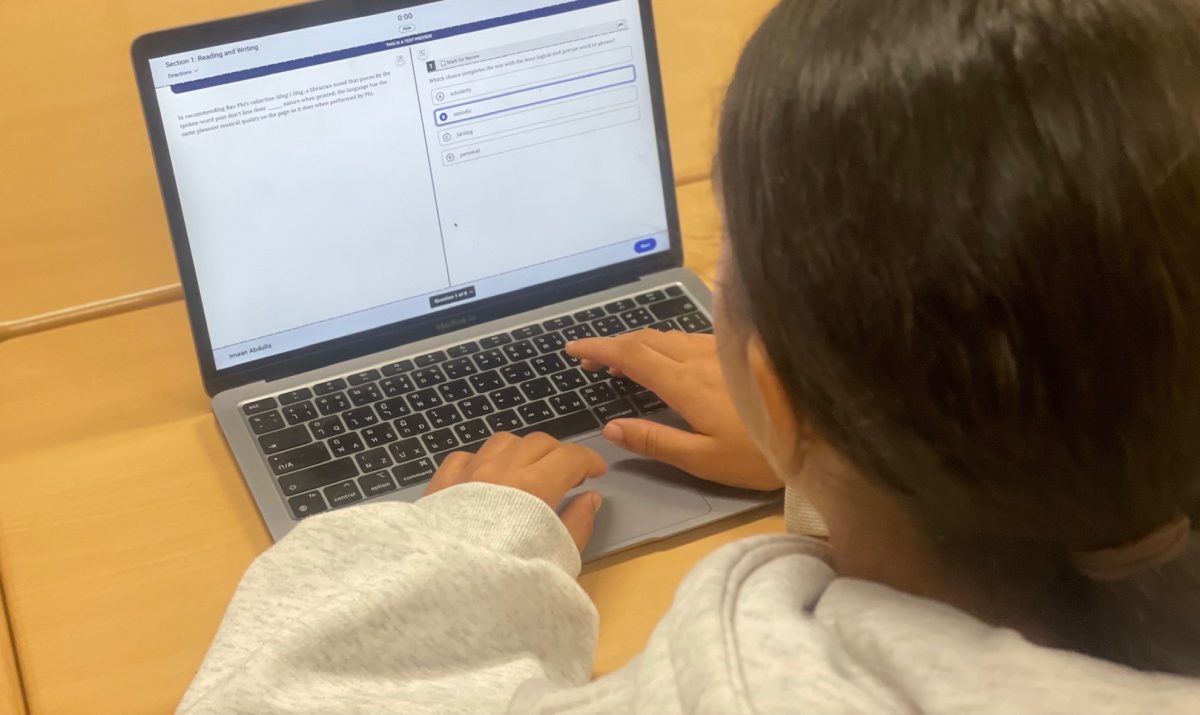Salad, pasta, meat, rice, sandwiches. The unfinished food goes through the holes of the garbage can in the cafeteria. Food being wasted every day. People chatting with friends, drinking smoothies from the Grind, staring at their phones. They turn the plate upside down above the garbage can and walk away as if they have done something very natural, something that they would forget after walking three steps.

Here in ISB, the cafeteria serves a wide variety of foods from all around the world, also changing the menu every day, trying hard not to make the students bored. However, despite the cooks’ efforts to provide a healthy, delicious meal for the students, a questionnaire conducted on the high school students in ISB by PantherNation showed that 69% of the 116 respondents throw away food more than once a week. The two most common reasons for food dumping were “Because I don’t like it” and “Because I’m full” while some minorities dump food due to lack of time to finish the food, diet, or religious reasons.
According to the World hunger statistics, the world now has 795 million people, which is about one in nine people suffering from lack of starvation, not having enough food to lead a healthy active life. On the other hand, ⅓ of the food in this world is being wasted (Food and Agriculture Organazation of the United Nations). To cite one response by a student, “a lot of us take many things in life for granted just because of how lucky we are to be born into such fortunate families.” Although we learn about underprivileged people who do cannot even earn money to afford the cheapest meals, our sympathy is superficial: we throw away our precious source of life just because we do not like it.
This does not mean you should take your food and give it to homeless people on the street. What I mean is, rather than filling up your stomach with Grind drinks and throwing away your lunch that costs twice the average daily income of Congo, use that bill to do something to help the poor. It is not a difficult thing to stop food dumping. You can ask the cook to serve less when you are not hungry or try your best to eat food that you do not like very much. You can share a part of your food with your friends if you are not confident to finish eating all the food.









Kevin Callahan • Feb 22, 2019 at 11:47 am
Thanks for the informative article, Rei. It’s a great idea to suggest to people (students AND teachers) that they can request smaller portions. More isn’t better!